Sometimes in 1975 or 1976, Bob Dylan introduced Neil Diamond to The Band’s Robbie Robertson. All three would soon share a stage during the Band’s final documented concert at Winterland Ballroom in San Francisco on November 25, 1976, memorialized in Martin Scorsese’s 1978 film The Last Waltz, with Diamond singing a song he wrote with Robertson.
Shortly after their meeting, Robertson and Diamond also started collaborating. Robertson went on to produce Diamond’s 1976 album Beautiful Noise, which included the one song they penned together, the closing “Dry Your Eyes.”
Videos by American Songwriter
Martin Luther King Jr.
On Beautiful Noise, Robertson also played guitar on “Dry Your Eyes.” The album also featured a collection of musicians, including The Band’s Garth Hudson on organ and Toto keyboardist David Paich.
“Over the next couple of months, Neil and I put together an impressive assortment of musicians, from Dr. John to Bob James, and we had a blast making the record, which was called ‘Beautiful Noise,’” Robertson recalled in his 2018 memoir Testimony. “The theme centered around New York City and a young man learning the hard way about the trials and tribulations of making it in the music business during the mid-sixties.”
Once released, Beautiful Noise was a success, topping the charts internationally and peaking at No. 4 on the Billboard 200, and gave Diamond his third No. 1 with the single “If You Know What I Mean.”
Lyrically, Robertson said “Dry Your Eyes” reflected the feelings many people had following the assassination of Martin Luther King Jr. on April 4, 1968. “Neil and I wrote one song together called ‘Dry Your Eyes,’” said Robertson, “about how many people felt after the assassination.”
Dry your eyes, take your song out, it’s a newborn afternoon
And if you can’t recall the singer, you can still recall the tune
Dry your eyes and play it slowly, like you’re marching off to war
Sing it like you know he’d want it, like we sang it once before
And from the center of the circle to the midst of the waiting crowd
If it ever be forgotten, sing it long and sing it loud
And come dry your eyes
And he taught us more about giving than we ever cared to know
But we came to find the secret, and we never let it go
And it was more than being holy, oh, it was less than being free
And if you can’t recall the reason, can you hear the people sing?
Right through the lightning and the
thunder, to the dark side of the moon
To that distant falling angel that descended much too soon
And come dry your eyes
Come, dry your eyes
In his book, Robertson also remembered when he first learned that Martin Luther King Jr. had been murdered. “After my wedding and my car getting totaled, on April 3, Martin Luther King Jr. made a speech that turned the nation inside out, the ‘Mountaintop’ sermon,” said Robertson.
“Only a great orator, a great leader, could have made that speech,” added Robertson. “The following day, he was shot dead on a motel balcony in Memphis, Tennessee. The country wept. The anger, the sadness, the hurt spilled out into the streets of cities and towns across the land: a good man gone down.”
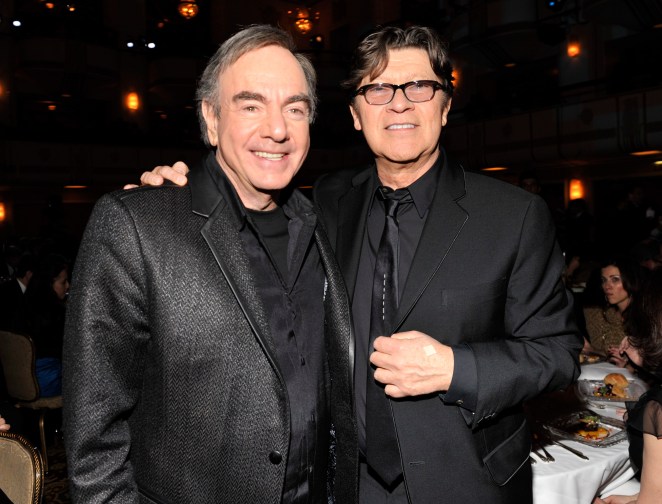
“Dry Your Eyes” at ‘The Last Waltz’
Coming on after Joni Mitchell and before Van Morrison, Diamond performed “Dry Your Eyes” for The Last Waltz. Robertson remembered the sense of pride he felt when Diamond got on stage to sing their song.
“I had to smile when Neil Diamond joined us onstage,” said Robertson. “In his blue suit and red shirt, he looked like he could have been a member of the Gambino family. The first thing he said was, ‘I’m only going to sing one song, but I’m going to sing it good.’ I thought it was brave of Neil to not sing one of his well-known hit songs.”
Robertson continued, “Instead, he chose ‘Dry Your Eyes,’ the tune he and I had written together—a cool album track that not too many people were familiar with, although Frank Sinatra did cover it. We started out in a slow march, and it built beautifully. He turned the words into a prayer, like a sermon out of Elmer Gantry. Toward the end of the song, I heard myself yelling, ‘Yeah!’” Neil was absolutely right when he said he was ‘Going to sing it good.’”
Photo: Kevin Mazur/WireImage

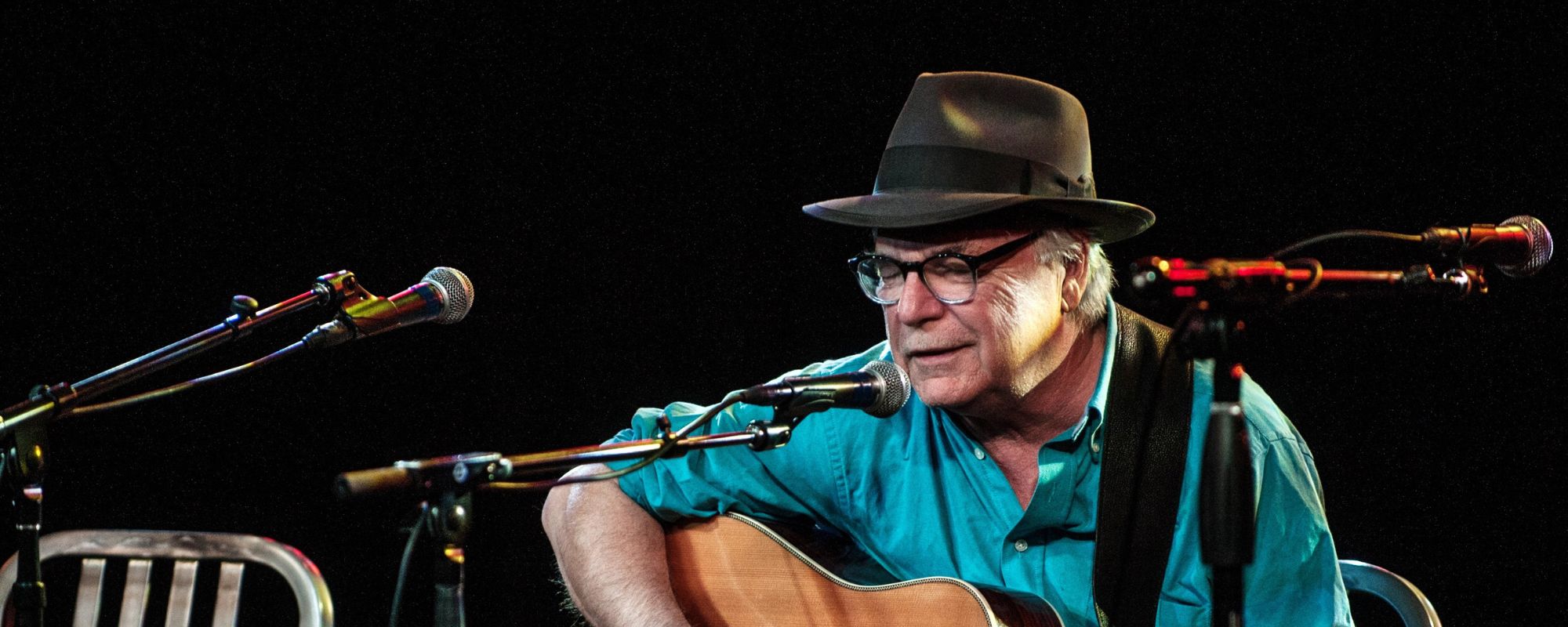
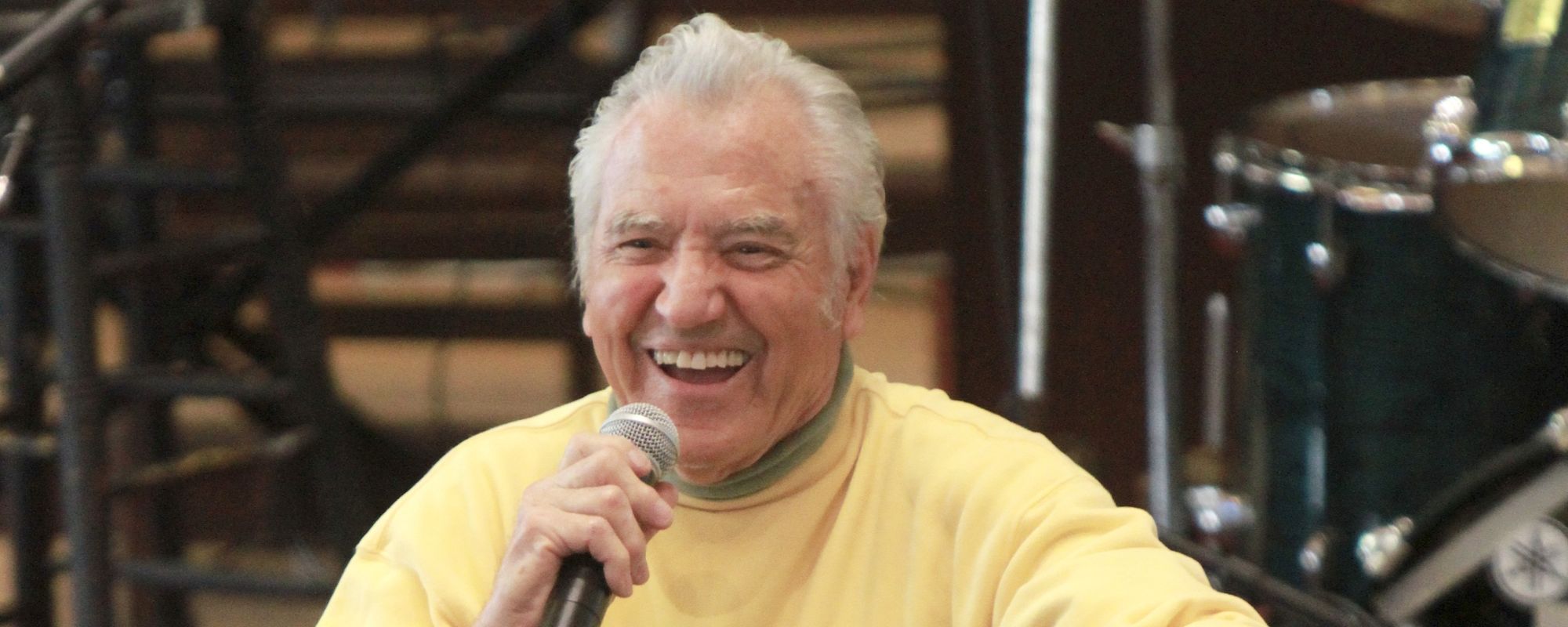
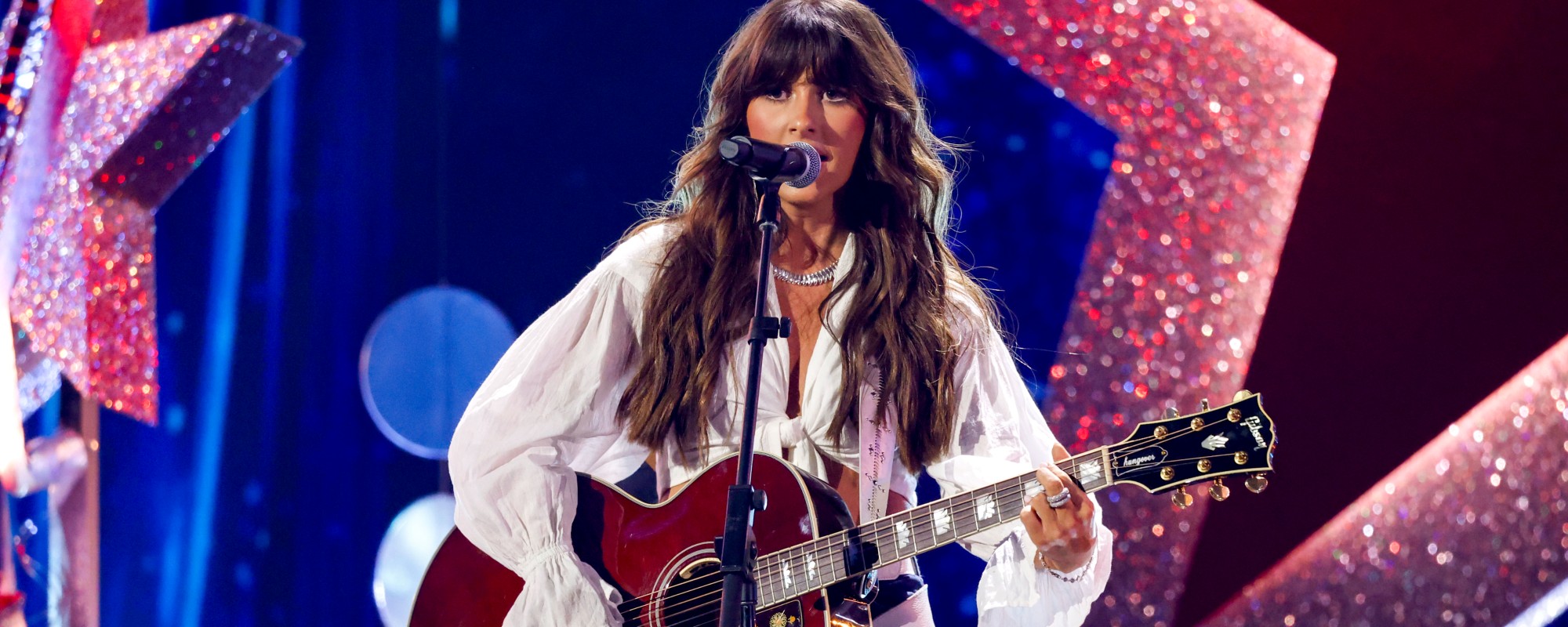
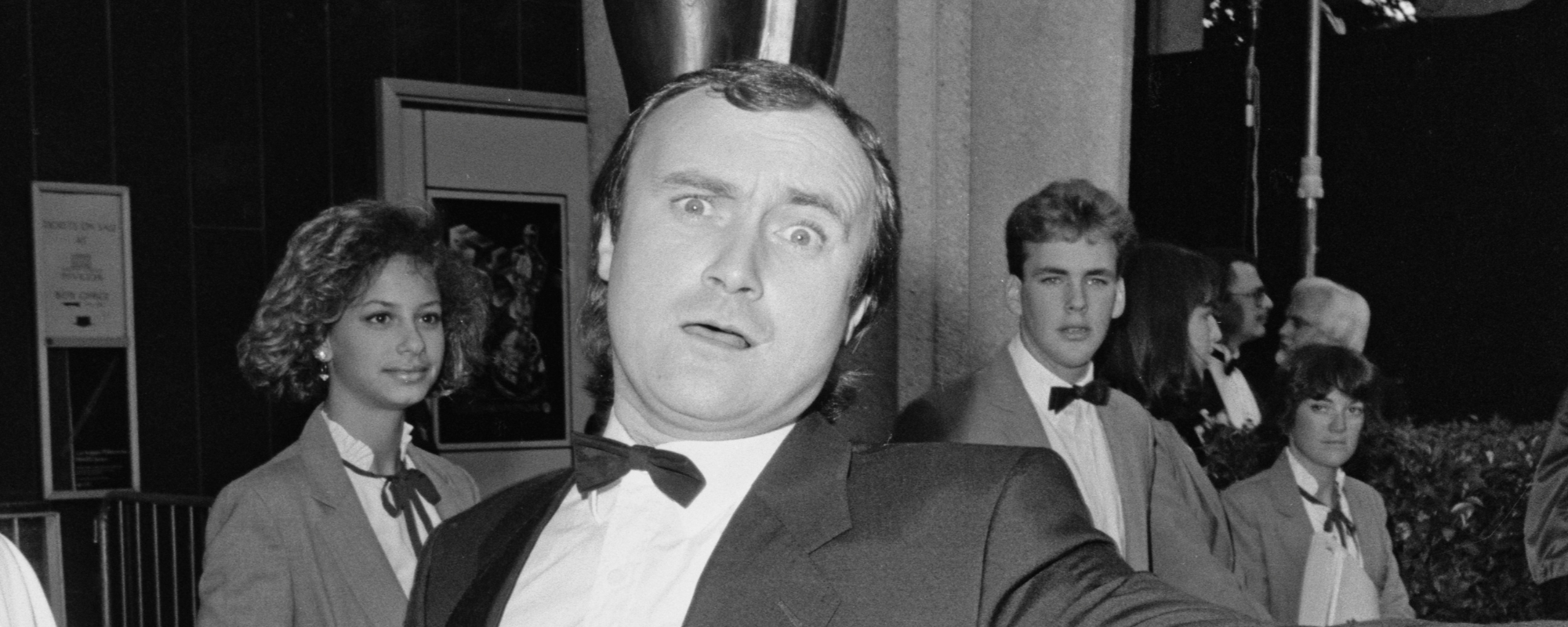
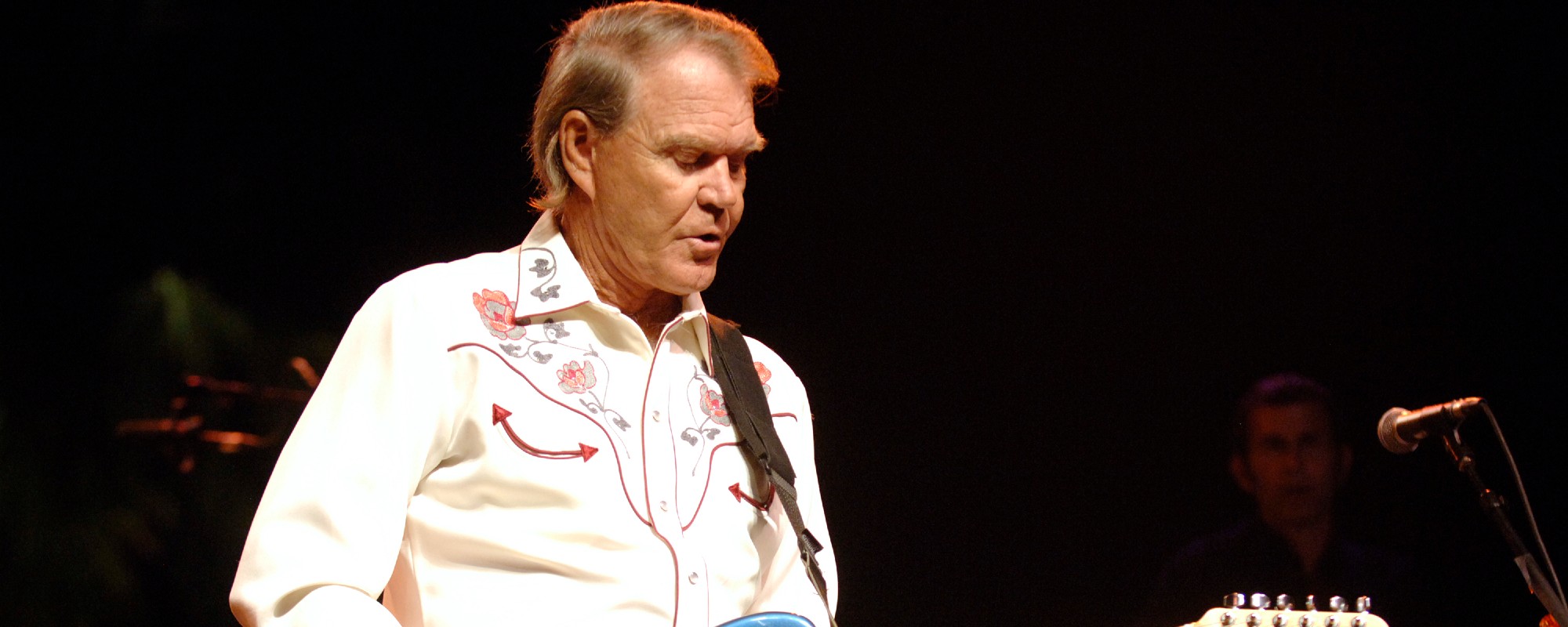



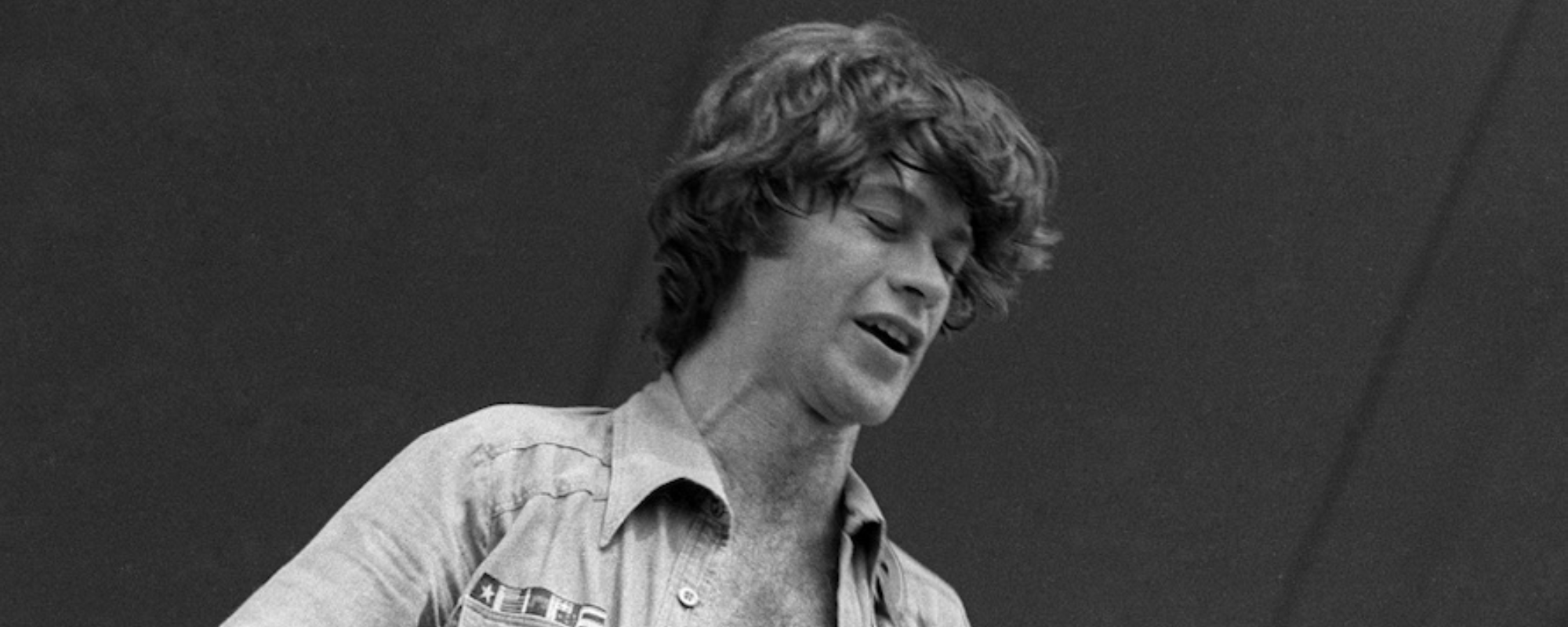
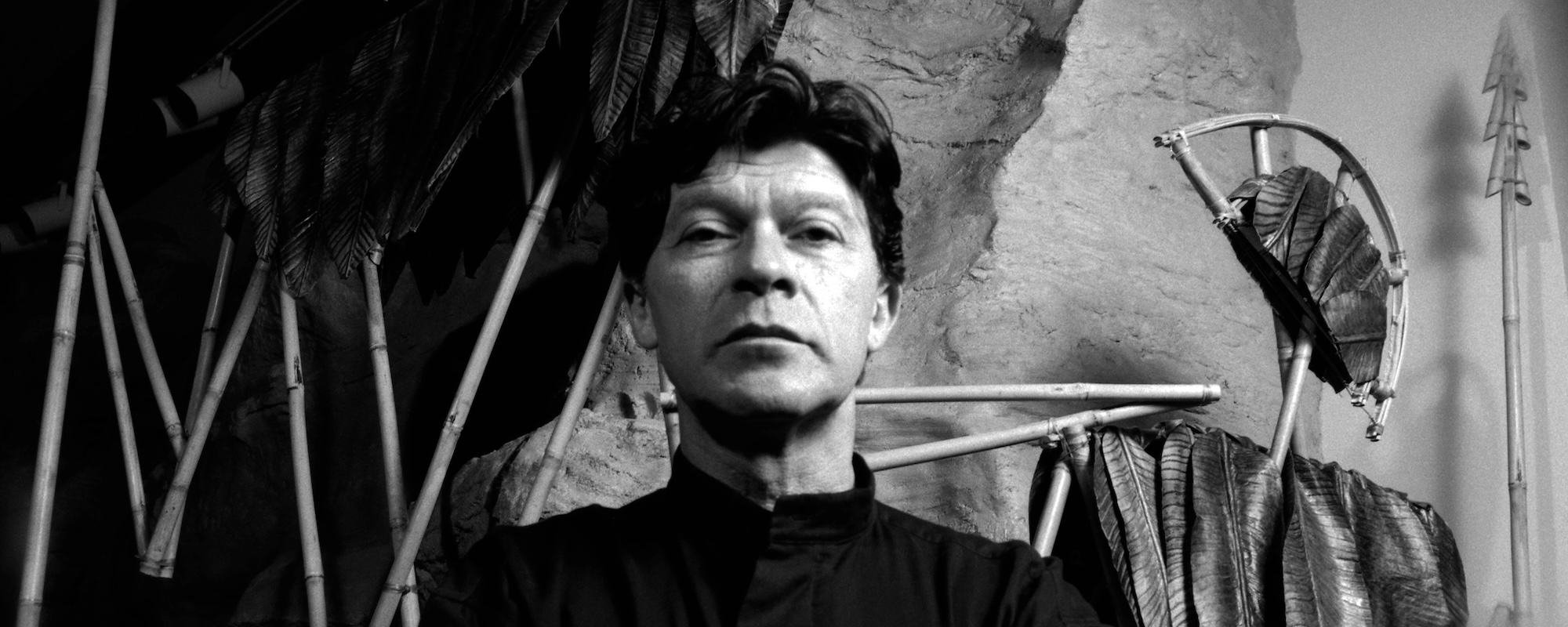

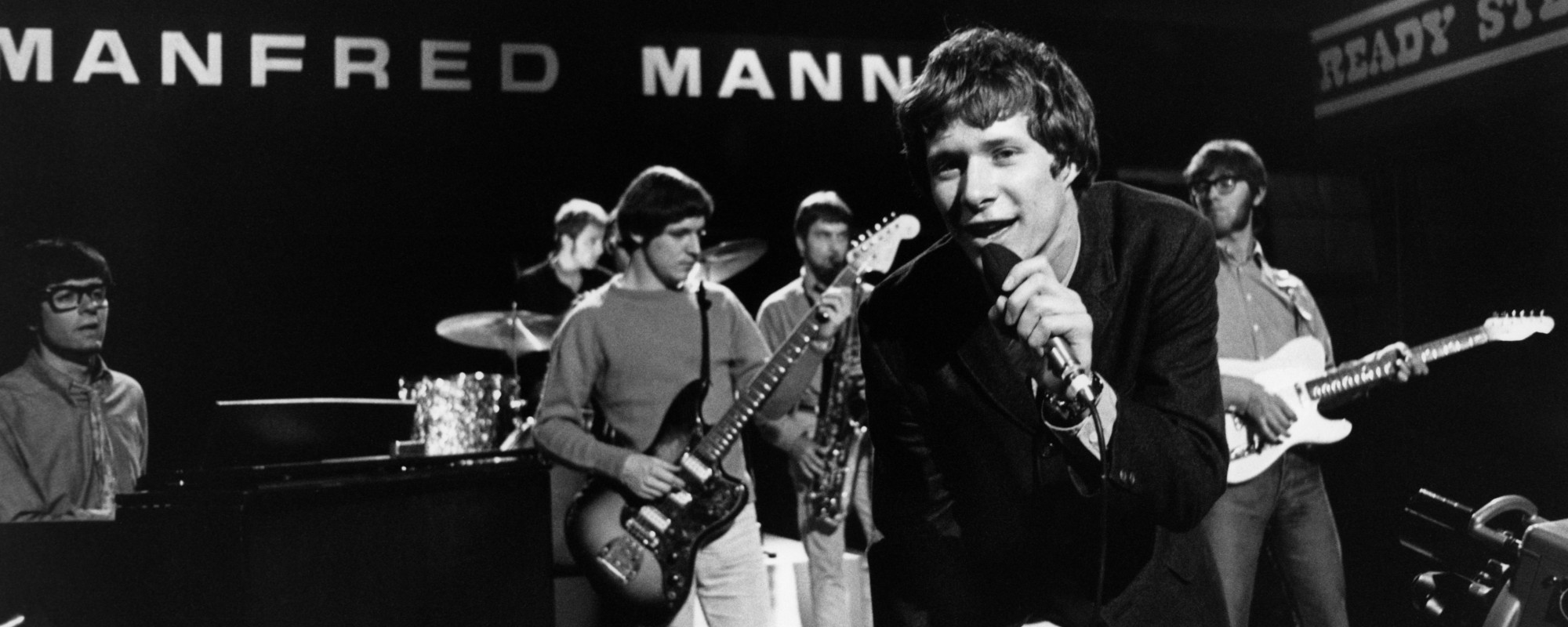
Leave a Reply
Only members can comment. Become a member. Already a member? Log in.